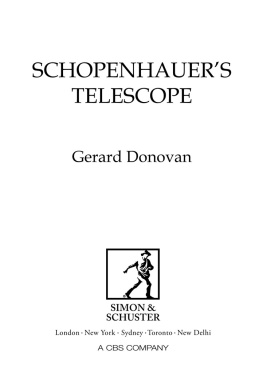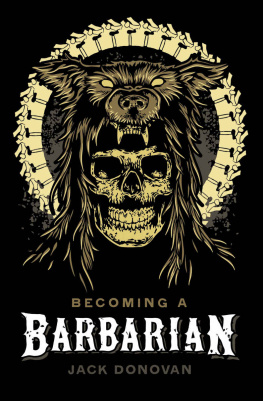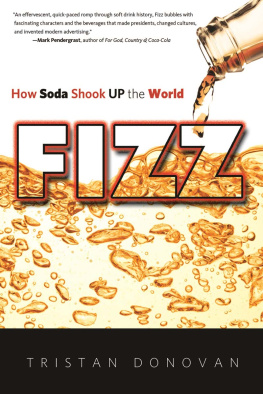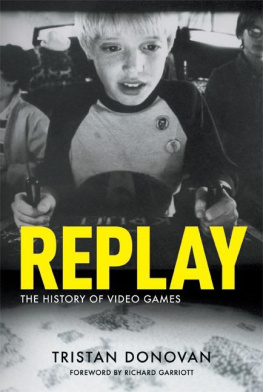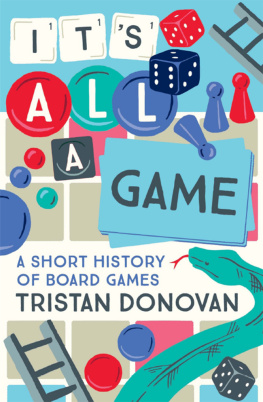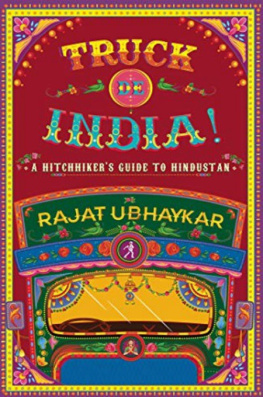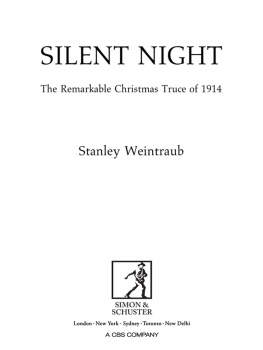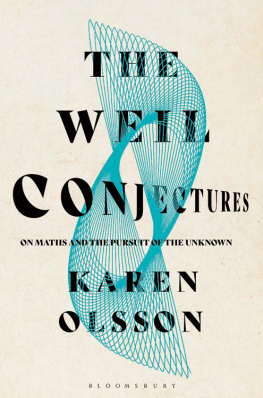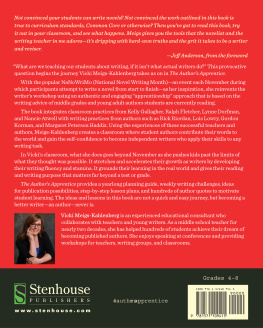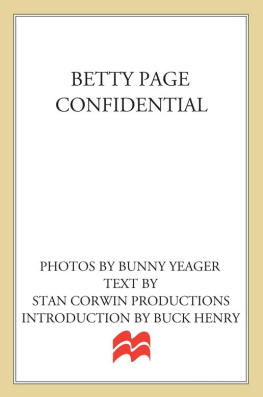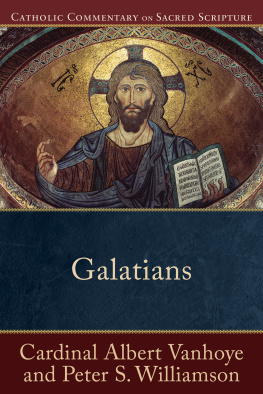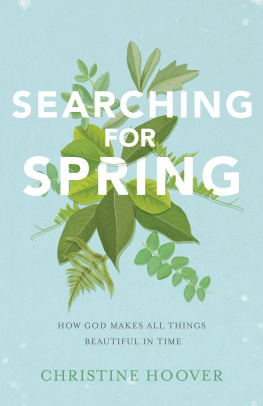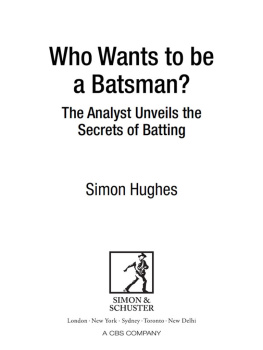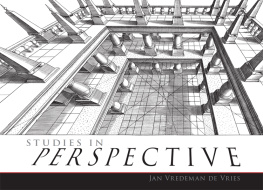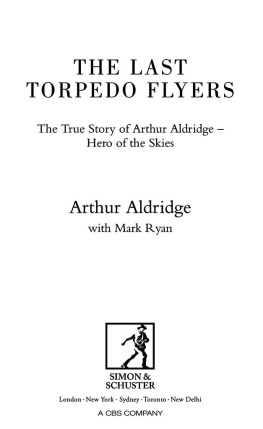More praise for Schopenhauers Telescope
Longlisted for the Man Booker Prize
Shortlisted for the Hughes & Hughes Sunday Independent
Irish Novel of the Year
No description of this outstanding novel could do it justice... it offers a powerful and humbling perspective on our lives as we live it Sunday Independent (Ireland)
A haunting war novel and an even more haunting love story... a mesmerising duel of words, stories, wit, cunning and morality Irish Examiner
This is an astonishing debut... he tells the tale of humanity with a voice that is flawed, self-ironic and fatally human Sunday Times, South Africa
Staggeringly accomplished... crucial reading for anyone with a passing interest in other humans and conflict... This is a wonderful book; entertaining and thought-provoking Sunday Business Post
Gerard Donovan brings a poets eye and sensibility to language... It is refreshing in a world so full of post-modern ironic indifference that Donovan is prepared to have something to say and not merely content to amuse Irish Times
Donovans first novel is an ambitious attempt to reflect the horrors of modern history in a spare and resonant narrative Sunday Times
Intensely poetic, this is a remarkable first novel Good Book Guide
Sophisticated and innovative... [Donovan] is an inventive and thoughtful writer Publishers Weekly
Donovan employs the conventions of narrative to craft a stunning lesson about not choosing sides before all the evidence is in Booklist
Gerard Donovan was born in Ireland and now lives in New York. Schopenhauers Telescope is his first novel.

SCHOPENHAUERS
TELESCOPE
First published in Great Britain by Simon & Schuster UK Ltd., 2003
A CBS COMPANY
This eBook edition first published by Simon & Schuster UK Ltd, 2014
Copyright 2003 by Gerard Donovan
This book is copyright under the Berne Convention.
No reproduction without permission.
and 1997 Simon & Schuster Inc. All rights reserved.
The right of Gerard Donovan to be identified as author of this work has been asserted by him in accordance with sections 77 and 78 of the Copyright, Designs and Patents Act, 1988.
Simon & Schuster UK Ltd
1st Floor
222 Grays Inn Road
London
WC1X 8HB
www.simonandschuster.co.uk
Simon & Schuster Australia, Sydney
Simon & Schuster India, New Delhi
A CIP catalogue record for this book is available from the British Library
Paperback ISBN: 978-0-74323-921-9
Ebook ISBN: 978-1-47113-694-8
Typeset by M Rules
Printed and bound in Great Britain by
Cox & Wyman Ltd, Reading, Berks
for Mary
What is your substance, whereof are you made,
That millions of strange shadows on you tend?
WILLIAM SHAKESPEARE
Sonnet 53
P ART I
Noon
O N THE W AY TO THE F IELD
As often happens when snow falls, the morning was mild, but around eleven the wind picked up, snow and ice fell together, and the temperature went below zero. Even though they gave me no time to bring anything with me when they came, I regretted I didnt grab my cap with the furry ear-flaps that hung from the coat hanger by the front door. Simple: just grab, it would have taken a second. Now my ears were sore and swollen and I had all the seconds in the world to feel it.
The snow fell heavier as noon approached. It stuck to the track that led to the field as I marched in front of another man and two soldiers. We slogged along as if we were out for a walk on a winters day, and our boots sliced into the snow. I stepped into a hollow, and clumps of it slid down my heel and cold water pooled under the arch of my foot. We passed under pine trees that showed green under the branches like coloured light under a white lampshade. I suppose I could say it was a beautiful day, but we said nothing to each other.
The man caught up with me, lit a match and then his cigarette, quickly returned his free hand to his coat pocket and hunched his shoulders as he pulled the cigarette until it glowed.
My ears went numb, but that numbness hurt somehow and penetrated into my spirit; I felt lifeless. The crunch of steps could have been my heart. I looked back at the soldiers. Three steps behind. I thought I might make a run for it. Leave the whole mess behind me and reach the forest and then freedom. Frozen air ballooned from my lips as I took deep breaths and prepared myself. My feet, however, refused to move faster. My legs shook.
I wouldnt make it, anyway. Theyd see me make the break, snap out of their own misery, unsling their guns and spray fire until I dropped to the snow and leaked onto it and died.
This far north, sometimes days cant lift themselves above the horizon, cant get down to the door and open it for the sun to shine in. Since dawn very little extra light had filtered down through the clouds, though the snow reflected what light there was. I thought how the time of day seemed perfectly disguised. Twilight? Dawn? Noon? Some days dont ever get going at all.
The field was about a hundred yards ahead. I knew it well, I played there as a child. Eleven acres of flat grass, a small farmhouse, and a barn in one corner that used to house two ponies. The owner was dead, the property claimed in back-taxes by the town. A pine forest bordered on three sides; on the fourth, a wall ran alongside the track. I smelled the forest, tasted the sharp tang of bark on the air.
As we passed the first of two gates into the field, I heard a mumble and looked around. One of the soldiers had raised a hand and I glanced to where he pointed; I nodded, trudged over to the second gate, and waited as the man stood to one side. The younger soldier swung it open and motioned me in.
We entered the field, I first, the man behind me, the soldiers behind him. The soldiers sat down behind a gun emplacement. The man and I crossed to the middle of the field to a section where the snow dipped about a metre deep in a rectangular cut, about six metres by two. I knew when the man stopped half way to the hole because his boots no longer crunched in the snow. The next part of the journey was mine alone.
I looked up at a pickaxe as it flew through the air. It landed a few feet ahead of me. One of the soldiers threw a shovel that dropped and skidded between us. I picked it up and walked to the edge of the depression, took a deep breath, looked around me once more, and stepped in.
T HE H OLE
I grew up in sight of this field. I played here as a child on my way home from school, though usually on my own, because I was never that popular, for reasons I now understand. My impulse was to be alone, and by my sixteenth year I no longer played with the other schoolboys at all, not even football, not even in warm weather. Instead, I read books over there by the wall or under that tree. The field inclined from south to north so that in rainy times a pool gathered at the south end where in autumn migrating geese landed to rest. They cackled so much the field itself seemed alive. In summer, the ground softened under rain and felt like brown flesh with grass for skin, perfumed with all the flowers that found their way through the surface. In winter it was a hard field, not made of flesh at all, not made of anything except the hardness that stops your boot from sinking for ever into the snow, a hardness that says, Ground.
I took the shovel and heaved to the side the snow that had fallen on the partially dug hole, all under the disinterested gaze of the man who stood six metres away. He plucked another cigarette from a silver case, tapped it, and placed it between his lips, never took his eyes off me, his left hand snug in his pocket.
Next page
